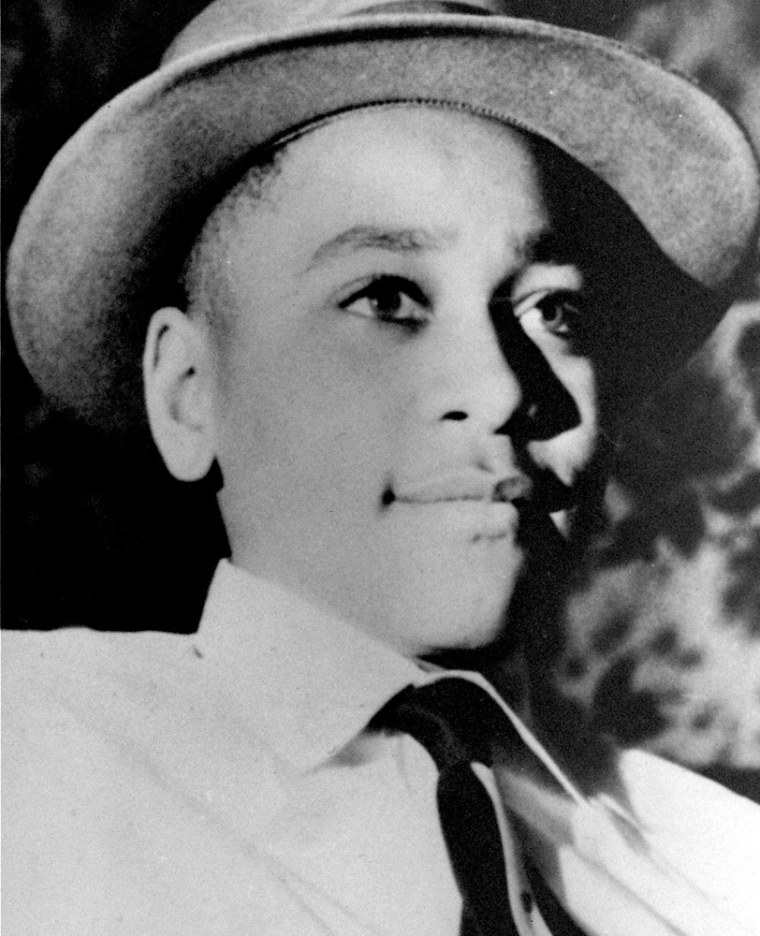The brutal slaying of Emmett Till has not been forgotten more than half a century since his death helped expose the harshness of segregation and energized the civil rights movement.
On Tuesday, the tiny town of Glendora opens a museum in an old cotton gin dedicated to the memory of the black 14-year-old, who was accused of whistling at Carolyn Bryant, a white shopkeeper in the nearby community of Money in 1955. Four days later, he was snatched from his uncle’s home during the night.
The boy’s mutilated body was found in the muddy Tallahatchie River, weighted down with a cotton gin fan. His nose was crushed. His left eye was missing, and his right eye was dangling on his cheek. A hole was blown in his right temple. Most of his teeth were gone. The body was identified only by a ring he was wearing.
Till’s mother held an open-casket funeral in his hometown, shocking the public with the sight of her son’s battered body.
The National Conference of Black Mayors commissioned the Till center as a model of revitalization for other small towns.
The new Emmett Till Historic Intrepid Center, or ETHIC, also has space honoring Glendora native “Sonny Boy” Williamson, a blues legend.
The center’s opening marks the first days of a trial in which an all-white jury eventually acquitted two white men — the shopkeeper’s husband, Roy Bryant, and his half brother, J.W. Milam. The two men later confessed to the crime in an interview with Look magazine.
One of the center’s main promoters is Glendora Mayor Johnny B. Thomas — a black man whose father, Henry Lee Loggins, was investigated as a possible witness to the Till murder after the Justice Department reopened the case in 2004.
Loggins worked for Milam in 1955. Witnesses reported seeing the two with Bryant the night Till was kidnapped and killed.
The FBI announced in March that no federal charges would be filed in the case, and the agency turned over the case to District Attorney Joyce Chiles.
Chiles has been reviewing the files to see whether there’s a possibility of bringing state charges. A call to her office was unanswered on Monday.
Thomas said he wants to clear his father’s name and has asked investigators to give him immunity from prosecution.
In an interview last year, Thomas said any black person in Mississippi in 1955 “had no opportunity but to do whatever the master told him to do.”
Thomas — who was just over a year and a half old when Till was killed — said he had a face-to-face talk with his father in recent years and asked whether Loggins took part in the teenager’s slaying.
“I looked him in the eyes and he said ’No,’ so that’s what I’ve got to go with,” Thomas said in a phone interview Monday.
